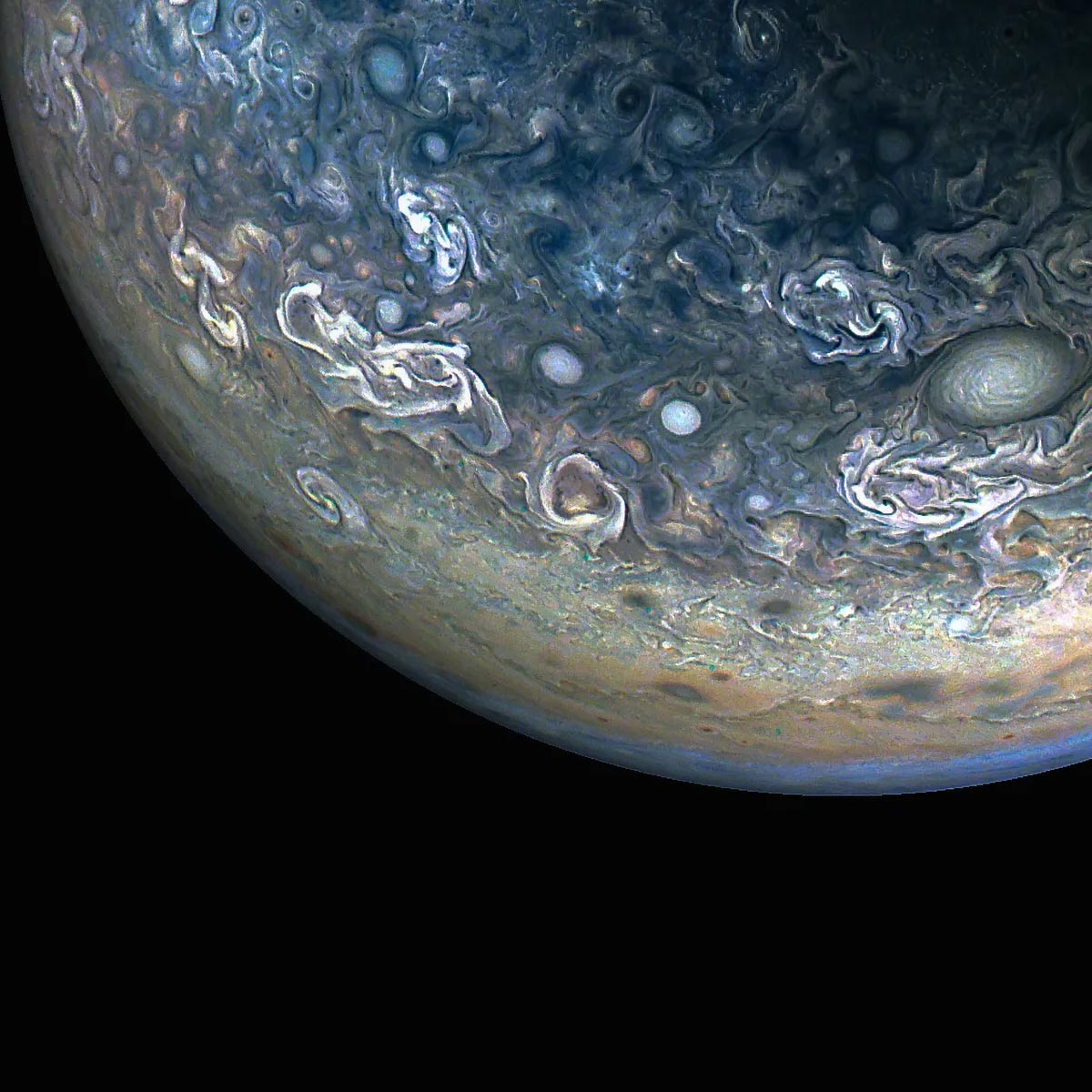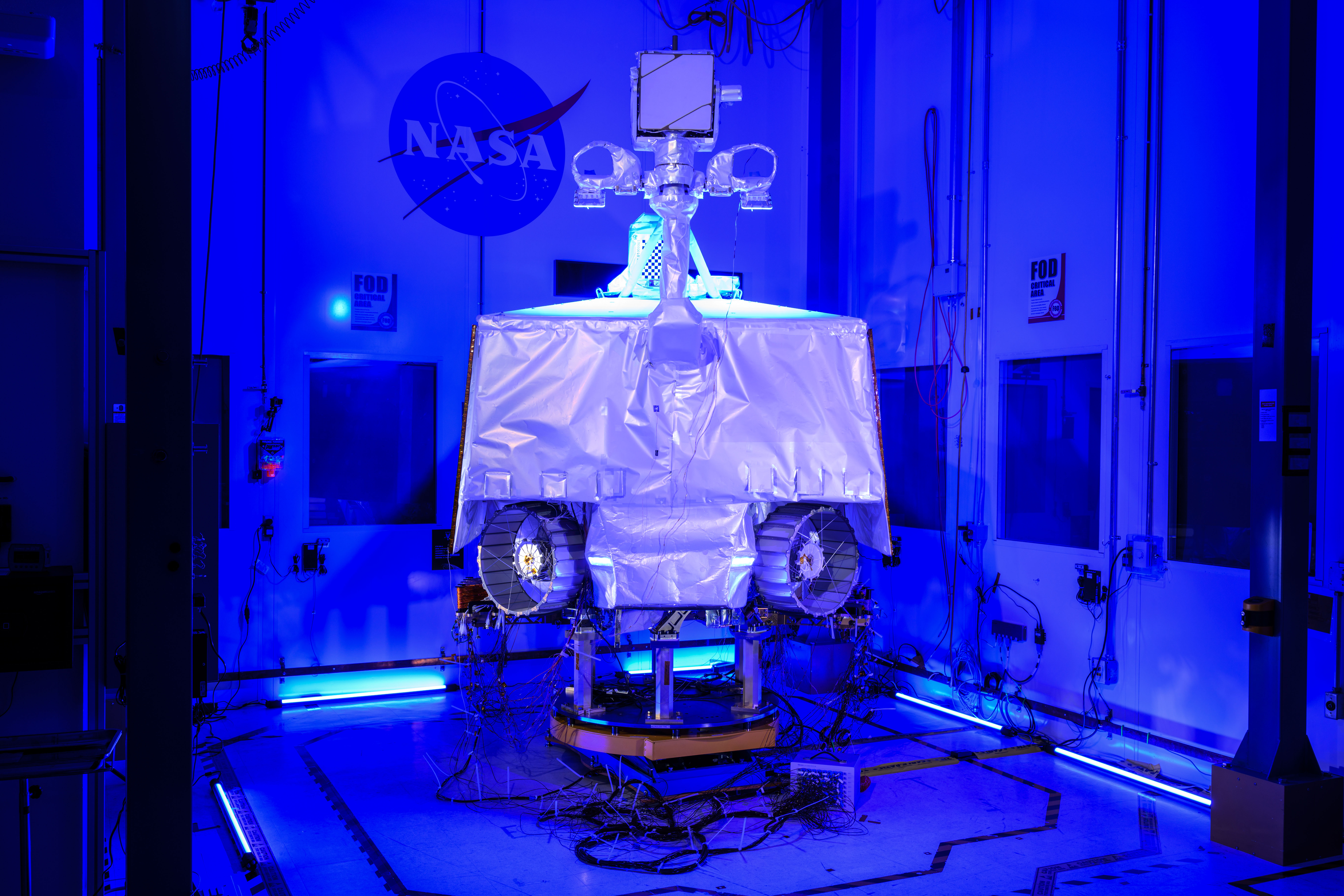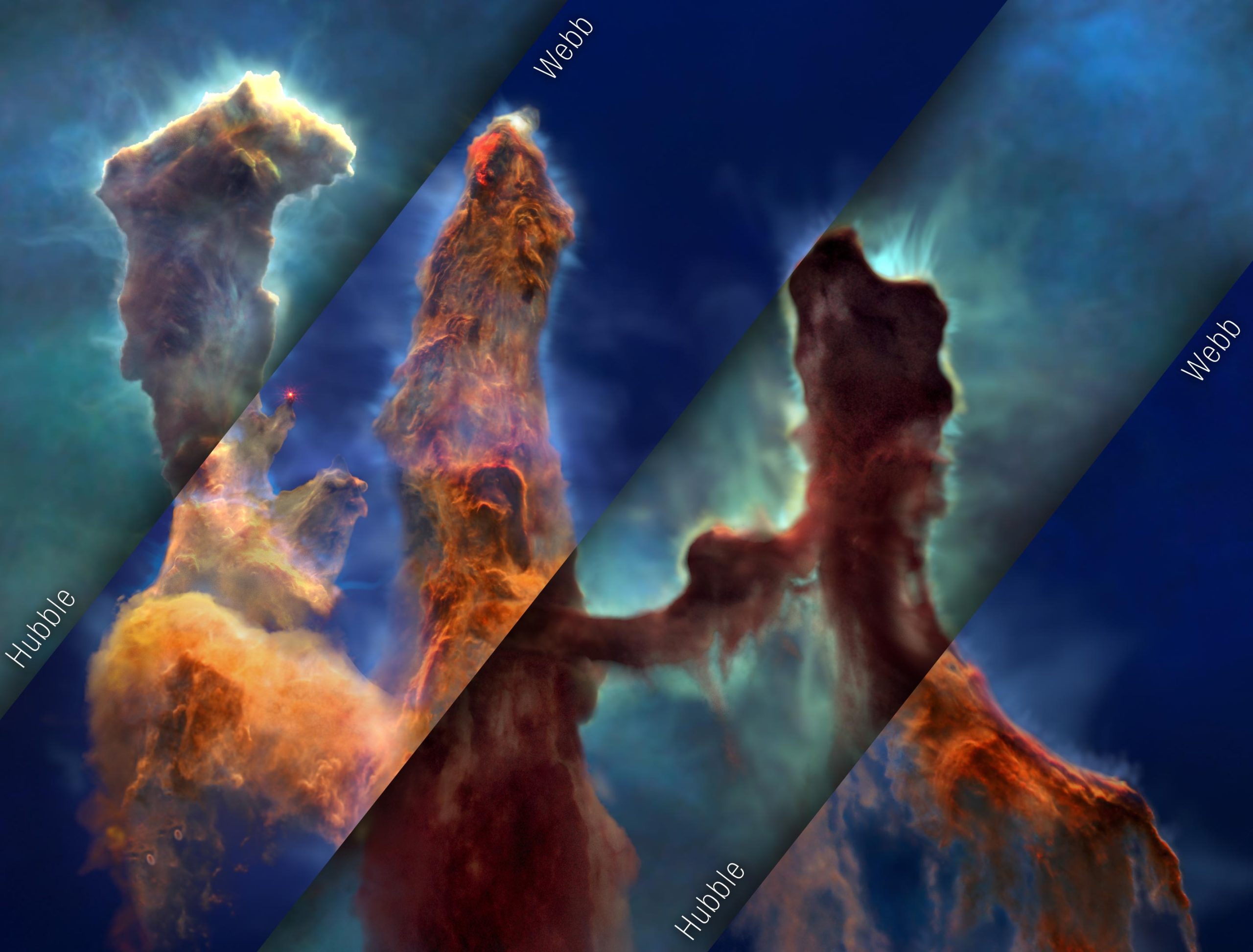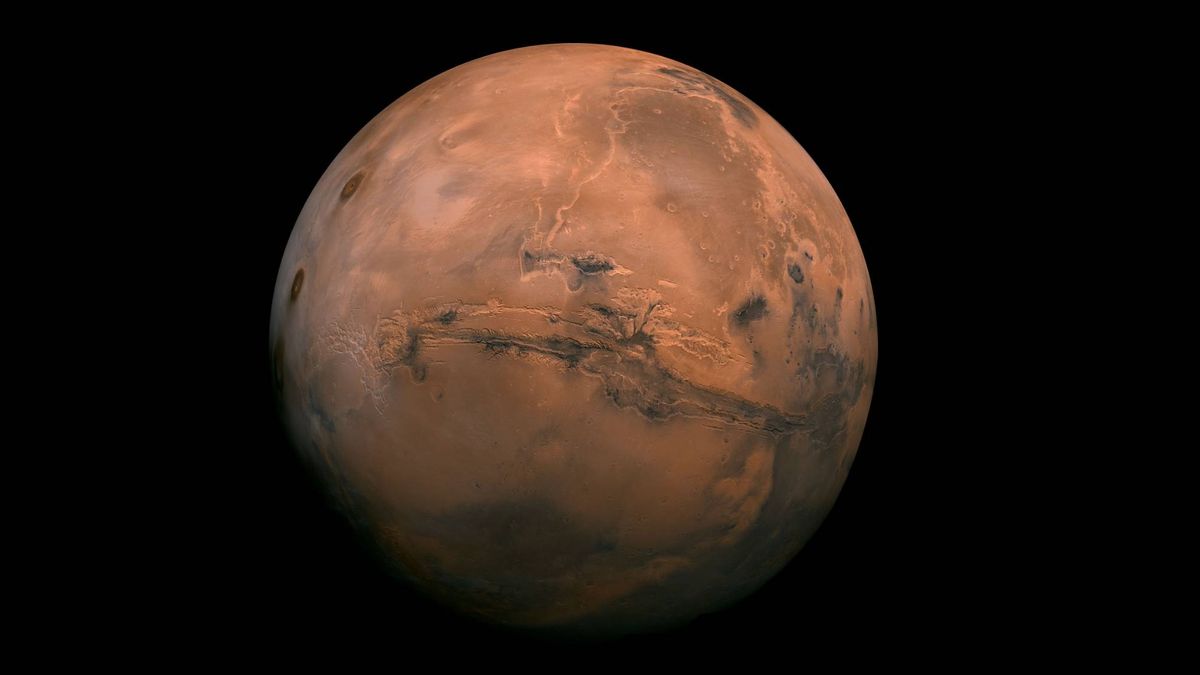SciTechDaily
SciTechDaily is a news site that provides in-depth coverage of the latest developments in science and technology. The site features daily articles written by a team of experienced editors who carefully select and present information on important scientific discoveries, research, and events. SciTechDaily also includes primary topics such as climate change, space exploration, artificial intelligence, health and medicine, robotics and automation, cybersecurity and privacy. The site maintains a neutral perspective without any apparent conflicts of interest.
92%
The Daily's Verdict
This news site is known for its high journalistic standards. It strives to maintain neutrality and transparency in its reporting, and avoids conflicts of interest. It has a reputation for accuracy and rarely gets contradicted on major discrepancies in its reporting.
Bias
100%
Examples:
- SciTechDaily presents a balanced and neutral perspective on science and technology news.
Conflicts of Interest
100%
Examples:
- There are no apparent conflicts of interest in the reporting done by SciTechDaily.
Contradictions
85%
Examples:
- Examples include reporting on the issues with Boeing's Starliner spacecraft and its troubled return date, as well as the VIPER moon rover project being canceled.
- There are some instances where SciTechDaily has reported contradictions or conflicting information in their articles.
Deceptions
75%
Examples:
- Examples include using phrases like 'Breathtaking Majesty' in article titles.
- SciTechDaily occasionally uses sensational language to grab readers' attention, but the content of the articles is generally accurate and informative.
Recent Articles

New Discoveries from Juno's 61st Flyby of Jupiter: Chaotic Clouds and Cyclonic Storms in the Folded Filamentary Region
Broke On: Sunday, 12 May 2024
NASA and Boeing Investigate Starliner Thruster Malfunctions After ISS Docking Incident
Broke On: Tuesday, 06 June 2023
NASA Cancels $450 Million Moon Rover Mission Due to Delays and Cost Overruns
Broke On: Thursday, 18 July 2024
Earth's Rotation Slowing Down: Melting Ice Caps and Human-Induced Climate Change
Broke On: Monday, 15 July 2024
NASA's Yearlong Mars Analog Mission: Insights from CHAPEA's Isolated Crew
Broke On: Thursday, 11 July 2024
Mysteries of Mars: Unraveling the Formation of Aganippe Fossa, a 600-km Long Graben on Arsia Mons
Broke On: Saturday, 06 July 2024
New Study Suggests Maternal History of Alzheimer's Increases Inherited Risk
Broke On: Tuesday, 02 July 2024
NASA's Hubble and James Webb Space Telescopes Reveal Unprecedented 3D View of the Pillars of Creation, Showcasing Star Formation in Detail
Broke On: Thursday, 27 June 2024
New Data Suggests Mars Experiences Over 300 Significant Impacts per Year, Challenging Our Understanding of the Red Planet's Geological History
Broke On: Friday, 28 June 2024